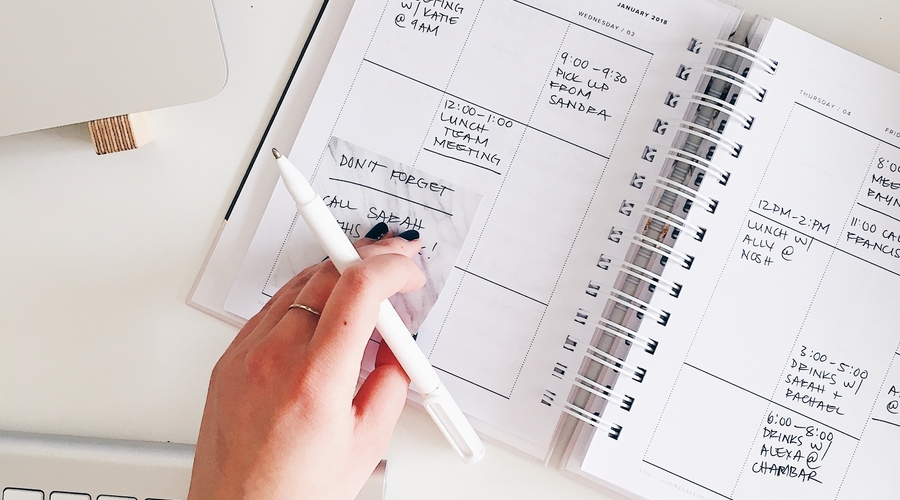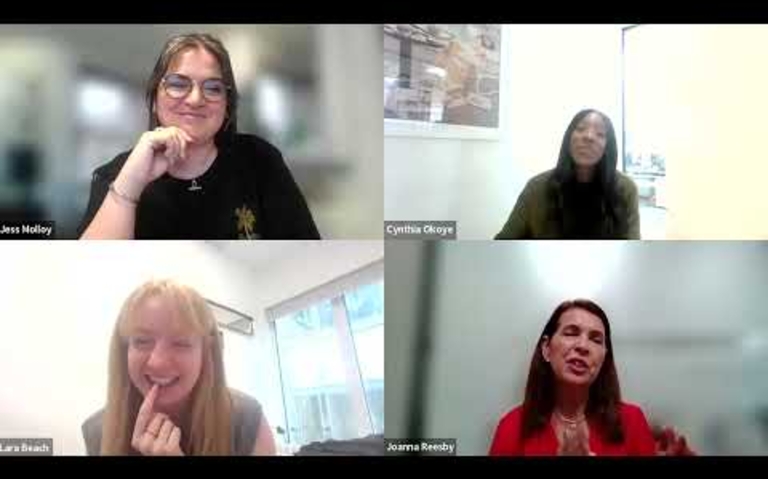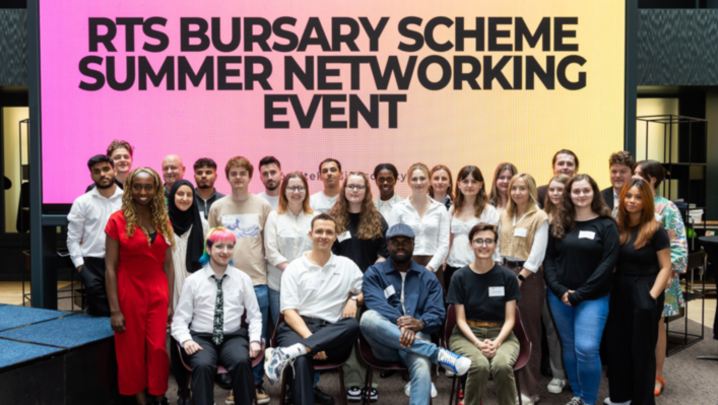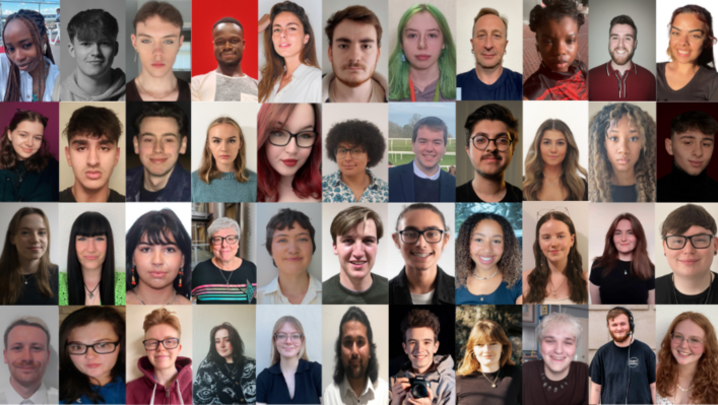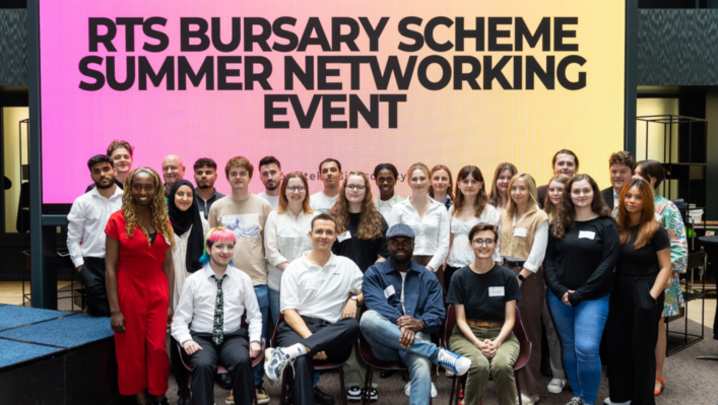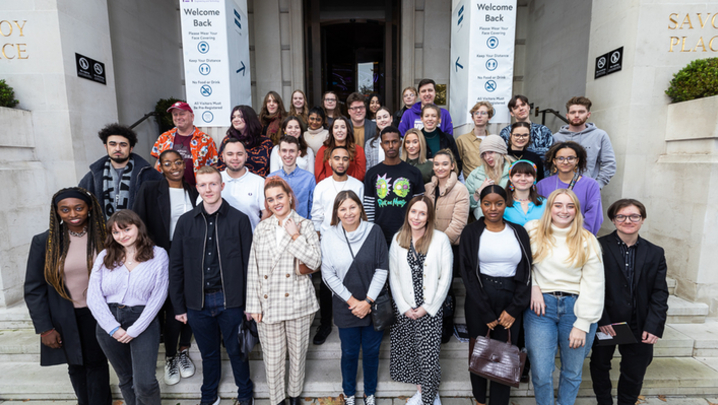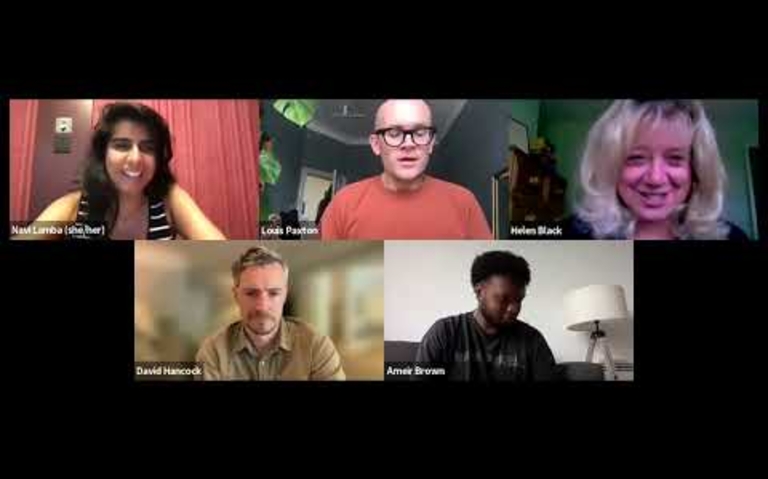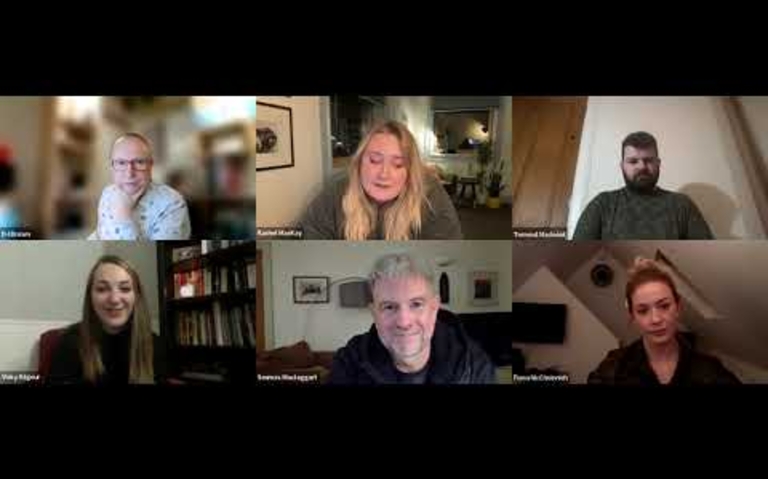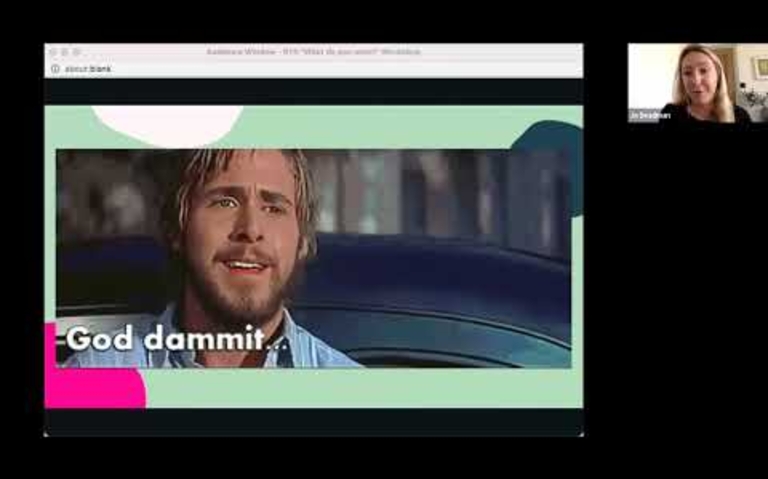How to prepare for a work experience interview
These days it’s not uncommon to be asked to attend a formal interview for a work experience placement. Most companies may just want to have a chat over a coffee with you if it’s just for a couple of week’s experience. But don’t get complacent – it’s still important to come across professional however casual they make it sound.
Be prepared to answer standard interview questions:
- Why do you want to get experience here?
- What would you bring to the team?
- What are you hoping to get out of it?
- Which programmes of ours did you like/ dislike and why? What would you do differently with the ones you dislike?
How to prepare:
- If it’s for experience within a development or creative team, it’s a good idea to think of some story ideas to show you’re creatively minded
- They may ask something specific so this is just a default position
- Watch TV critically.
- Watch the company’s programmes and similar genres made by other companies.
- What did you like and why? What didn’t you like? How you’d do it differently? (Perhaps use a different interviewee or presenter or even take a different angle)
What to expect on the job and how to impress
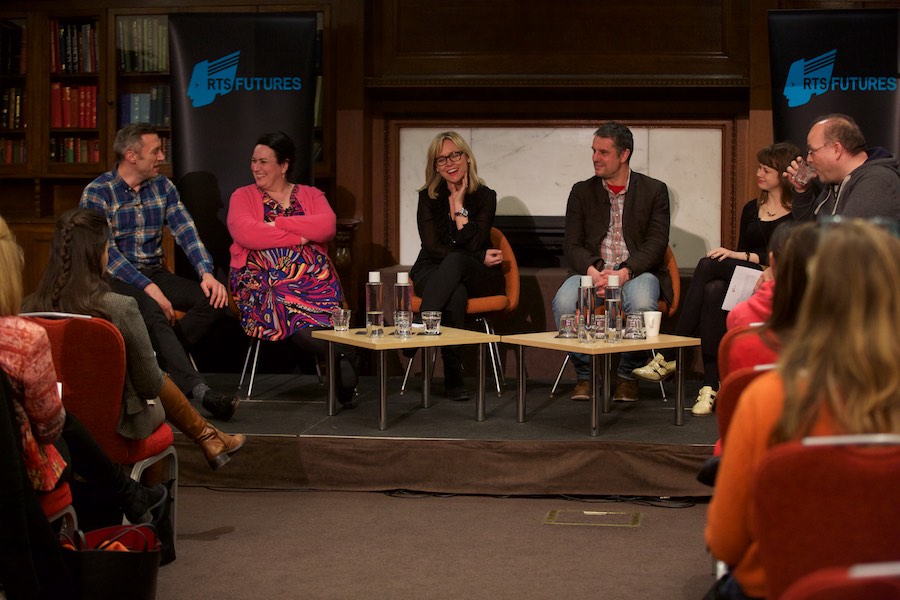
share their experiences
“Make yourself indispensable” - this is a very common piece of advice given to people hoping their work experience placement will lead to more. If you are stuck on what that involves then you’re not alone. It’s a woolly phrase that makes success in work experience seem like a one-step process. If you follow the below tips on what to expect and how to act during your placement then you will make yourself indispensable.
Expect to be given simple jobs
You may consider yourself a filmmaker, you might be a very talented presenter or camera operator with plenty of films on your blog to show for it but everyone started at the bottom. Television is about teamwork so you have to show you’re prepared to muck in. Take on any task, big or small with enthusiasm and a smile.
Expect to work longer than the hours you’re given
Even if they give you set hours, you should always make sure you’re 15 minutes early in the morning and prepared to stay late in the evening. That said, don’t sit around twiddling your thumbs until late at night for the sake to appearing enthusiastic. Find yourself jobs to do and if there really isn’t anything left by the end of the day then go home and use your free time to think of some great story ideas to suggest in the morning.
Have a pocket notebook on you at all times
Write down any instructions you’re given and any answers to questions you ask so you don’t have to ask anything twice. There’s nothing wrong with asking how to do something, so long as you remember the answer! Also use your notebook to write down tea and coffee preferences – remembering how people like their tea is the simplest way to demonstrate that you’re thoughtful and organised and they will love you for it.
Remember that you are also there to learn
Ask questions and volunteer yourself for tasks. Television is a creative industry full of creative people that are proud of what they do. Show an interest in how they do their job and they will show and interest in you.
Useful links:
- myfirstjobintv.com – a great resource for the latest placements and entry-level jobs
- HMRC employment rights for interns
- HMRC work experience guidance

